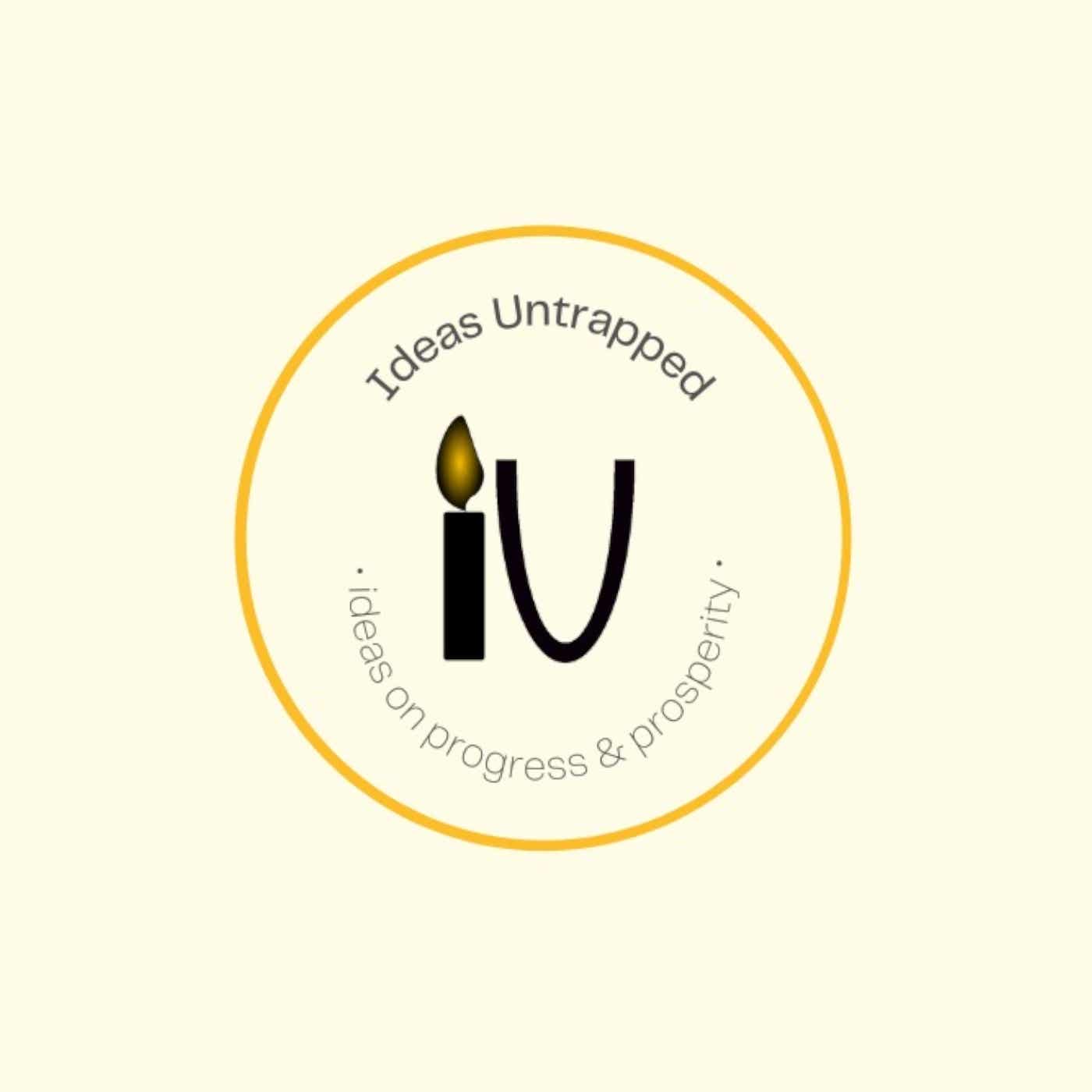The Promise and Challenges of Charter Cities
Description
In this episode, I had a conversation with Kurtis Lockhart who is the executive director of Charter City Institute - a non-profit that thinks and executes governance models for cities to power developing economies into growth and productivity.
Our conversation started with an update on the concept of Charter Cities and how they differ from traditional models like Special Economic Zones (SEZs), particularly in the context of economic development. Kurtis describes Charter Cities as new cities with distinct governance models designed to drive sustained economic growth and alleviate poverty, primarily in lower-middle-income countries. This approach is seen as an alternative to the model first prescribed by the economist and Nobel Laureate Paul Romer, which involved a high-income country importing its governance to a low-income nation. Kurtis emphasizes a public-private partnership (PPP) model, where a host country collaborates with an urban developer, ensuring local involvement and sustainable development.
The conversation addresses concerns about Charter Cities being enclaves for the wealthy, clarifying that the Charter City Institute (CCI) focuses on broad-based economic growth and poverty alleviation. Kurtis highlights the importance of political buy-in and stability, acknowledging the challenges of expropriation and policy consistency across different political regimes. He suggests mitigation strategies like revenue-sharing agreements, equity stakes for host countries in city developers, and political risk insurance.
Discussing the geographical constraints, Kurtis acknowledges that location and economic geography play a crucial role in the success of Charter Cities. However, he argues that geographical advantages can evolve with changing technologies and transportation networks, as seen in historical examples like the Erie Canal.
Addressing concerns about existing urban challenges and inequalities, Kurtis talked about CCI's involvement in upgrading existing cities and supporting secondary cities, especially in Sub-Saharan Africa, where most urban growth is anticipated. He shares plans to collaborate with Kenya's State Department for Housing and Urban Development to empower select secondary cities through the Special Development Zone initiative, leveraging their success as models for other cities.
Transcript
Tobi;
Welcome to Ideas Untrapped. It's fantastic to talk to you, Kurtis. I've been wanting to do this for a long time.
Kurtis;
Yeah. Thanks, Tobi. I know we've been trying to do this for a while. It's good to finally be on with you.
Tobi;
So let's start from the absolute basics. I'm trying not to get carried away because Charter Cities are something that sort of excites me as well. I should also say it annoys me, possibly in equal measure. So I'll try not to get carried away, but if you can just give me an elevator pitch, so to speak, but you can go as long as you want. What are charter cities and how are they relevant to issues surrounding economic development, particularly in the 21st century?
Kurtis;
Yeah, so thanks again. And I'll start at the highest level I can, and then you can ask more specific questions as we go on. So at the very basic level, the definition of charter cities is new cities with new rules to improve governance. And so why do we think that that's really important? Zooming out, the best way to lift people out of poverty at scale is through sustained economic growth over one, two, three, four- decades. That's what happened in East Asia, in Japan, in Taiwan and South Korea. It's what happened in China, and I think it's what's happening in India now. You then have to ask yourself, how do we increase economic growth rates over sustained periods of time? Economists are pretty agreed that the single greatest determinant of long-run economic growth rates is governance, right? It's institutions. And the problem with governance and institutions and getting good governance is many countries, espe
More Episodes
Published 04/27/24
In this episode, I had a conversation with economic historian Johan Fourie, who is a professor of economics at Stellenbosch University, and the author of one of the most enjoyable books on economic history called Our Long Walk to Economic Freedom. We spoke about the resurgence of economic...
Published 03/20/24
Published 03/20/24


